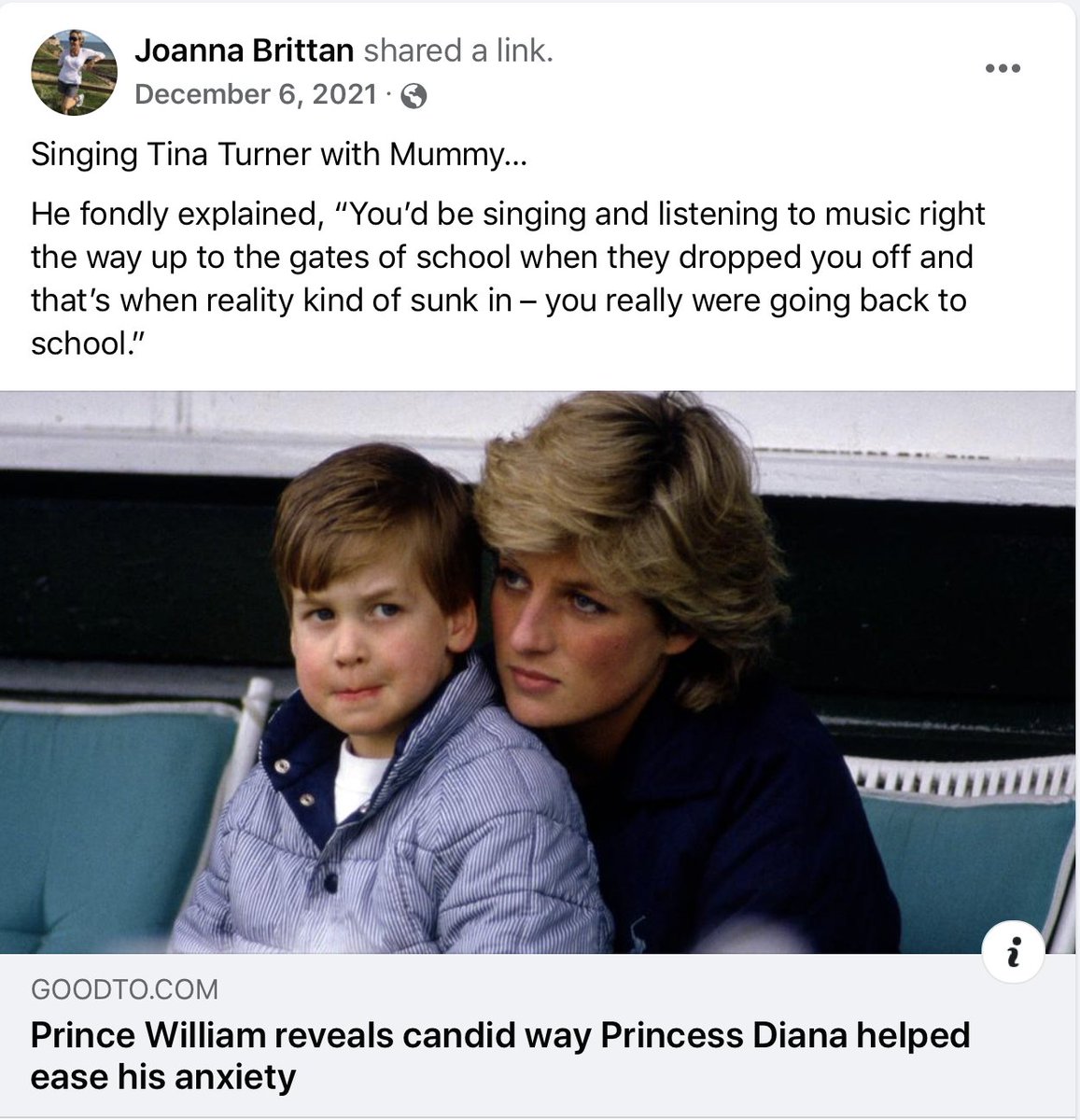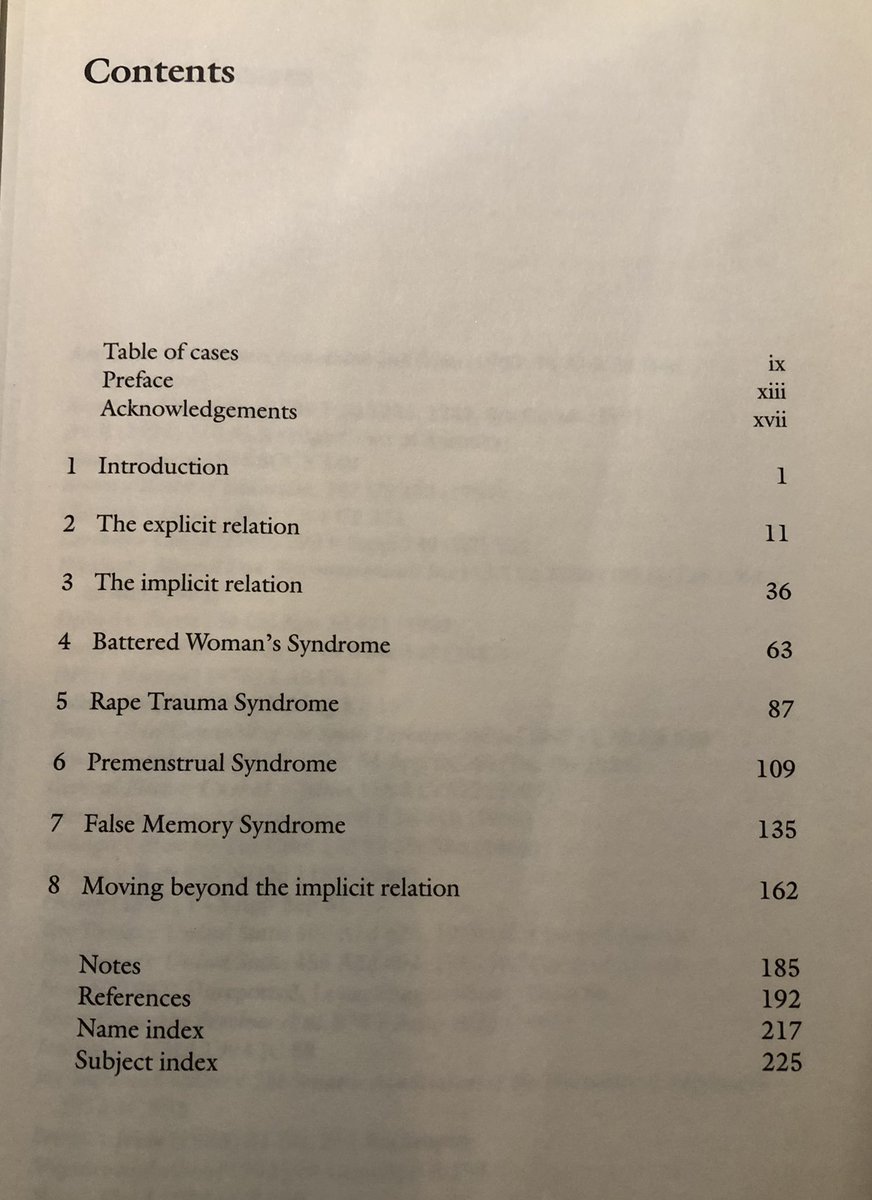
Does understanding attachment trauma help to make sense of the governmental chaos & cruelty we are/have been witnessing? I've been reading @axrenton 2017 book 'Stiff Upper Lip' & I thought I'd share some of his insights. THREAD. theguardian.com/books/2017/apr…
2. The boarding school system has been such a part of British culture that it has been challengng & uncomfortable to see it as damaging, abusive, traumatisng. That difficulty exists for those raised in it (they survived it) & for those outside it (they often can't conceive it).
3. But there are more & more voices speaking on this theme. I want to help ensure t wider public is aware of their insights. They intersect w/ t knowledge of trauma, ACEs & childhood distress that is becoming widely understood. These links are rarely picked up in the media, tho.
4. @axrenton book is full of vivid stories "es, both contemporary &historic, that help us consider an uncomfortable idea: the British boarding school system is founded on suffering. "Why did an entire class decide that its children needed to suffer to become useful citizens?" 

5. Stories of “children’s fingers levered by parents off the headrest, one by one” to force a child from the car at the school gates. The child whose bed-wetting led to the matron “rubbing his tear-stained face in it”. 



6. Stories of the child who mother says before leaving that her daughter doesn’t like milk, who is then forced, by Matron, to drink a glass, & then clean up her own vomit, being shown to her dorm. 

7. @axrenton book is full of stories of loneliness, violence, humiliation, confusion. From teachers, from fellow pupils, from parents. “Stories of children abandoned by their families into the care of strangers, often astonishingly early.” 7-8 yrs is common. Even 4 yrs. 

8. I recognise these stories will be triggering for some. They are awful. Yet, if adults lived this & have wanted to tell those stories, I believe there is a responsibilty for us to stand witness to t sufferng involved. And ask w/ curiosity: Why did/DO families/society want this?
9. @alexrenton, like others, argues that this is done "for the cause of future privilege". Families buy their child's future into elite schools & social networks, believing that the suffering is temporary, an ordinary stage of growing up, a sacrifice w/ benefits. 

10. Culture is a powerful thing. So is t human psyche. You can transmute suffering & valorise it. That’s what happened. The painful separation became “hallowed practice”. The disgusting food & freezing dorms were “all good for shaping the man”. 



11. The Victorian period, during which t popularity of boarding schools increased (as t middle classes sought status) *celebrated* suffering. Women: Suffer tribulation in silence! Men: Pursue ludicrous tests of endurance! Kids: You too!
12. And so the values were set in the system. By the 1960s & 1970s, early boarding was at its zenith. That’s the period in which key current politicians were beginning their educ journey. The ages of 7,8,11yrs were common. 

13. What happens to yr emotional development whn it is so shaped by suffering? Not only entitlement, but suffering? How far down do you repress t anxiety, pain, rejection? How deeply does your “survivors’ mentality” shape you? @BeardRichard asks that too. spectator.co.uk/article/the-bo…
14. This is an edgy subject. On Twitter. There will be ppl who disagree, pointing out that boarding school is also positive. (@axrenton says of his 800 ppl who wrote of their experiences, 12 wrote w/ positive stories.) I agree. It isn't everybody. So why am I talking about it?
15. I'm talkng abt it because I think most of t public can't quite conceive of t violence &fear &abandonment that as gone on for very young childrn in t boarding school system. That's trauma.Unresolved trauma shapes yr emotional capacities toward others. bylinetimes.com/2021/04/28/bor…
16. The community of Boarding School Survivors is awake to this trauma. People like @SimonPartridge @PiersCross1 @jebrittan2 @tony2gammidge are talking about it. @nickduffell is hosting a whole training day on it tomorrow. boardingschoolsurvivors.co.uk
17. I think more of us need to be aware of ths discssn. We need to THINK abt t consequences for childrn subjectd to such terror early in their lives. We need to see how it ripples out & endangers us whn adults w/ unresolved trauma hold positions of power.
18. Because what happens whn its not just one or 2? What happens whn unresolved trauma begins coalescng into a political culture? @SimonPartridge (survivor) keeps makng t point that 27% of Johnson's cabinet boarded. (The figure for all UK childrn is 0.7%.)
https://twitter.com/SimonPartridge/status/1483945145619947522?s=20
19. Psychiatrist @FdeZulueta & therapist @JoySchaverien are amongst those who have been working to get us to think about these links too. Here's their 2020 symposium "The making of destructive leaders". I think we should be paying much more attention. confer.uk.com/on-demand-even…
20. Britain has registered more deaths from COVID than any European nation. Our strategy now? "Learn to live with the suffering." New figures show that 2.5 million ppl in Britain live in destitution. DESTITUTION. Cruel, immoral policies of SUFFERING. cypnow.co.uk/news/article/n…
21. It is always easier to see harm happeng elsewhere - other cultures, communities, time periods. It is harder to spot harm in yr own time &place. It is hard for most ppl to imagine that ordinary, establishd systems in OUR culture today cd be quite as harmful as I've described.
22. So read @axrenton book. Decide for yourself if "complicity in child abuse is the bleak secret at the heart of today's British elite". Decide for yourself how deeply you think unresolved childhood terror is shaping govt functioning & policy just now. stiffupperlipbook.com
23. Read @BeardRichard , whose book Sad Little Men is "a passionate, tender reckoning with a national bad habit." These books aren't just about the posh boys & girls. They about books about US - about how we suffer in their political company.
richardbeard.info/2021/06/sad-li…
richardbeard.info/2021/06/sad-li…
24. The ACEs/trauma movement has resulted in more people thinking about the biological stressors associated with being in the care system, family dysfunction, poverty, racism. Are we ready to extend this lens to class, too? We will continue to suffer, as a society, until we can.
25. Our challenge is that, once we see childhood suffering, we often don't know what to do w/ it. We struggle to honour t pain AND ALSO hold t adult to account for harm. I thought abt this dynamic recently, intrvwng a young man in prison for murder. Danger comes in many forms.
26/end. People sometimes tell me I shouldn't risk talking about such edgy topics on Twitter. But I think our children deserve it. I think our future deserves it. I think BS survivors hold wisdom that can help. If we listen.
@margl43 @sallycroachy @eperryinsights @RobinCogan @SteelSusie @kymscott5 @DirectorVRU @johnharris1969 @Freedland @JohnCarnochan @paulinescott222 @Dr_Pam_Jarvis @yvonnestanley21 @janehmul @KeeganSmith_Law @annanewell @Lorrain05617625 @UpstartScot @MoralLandscapes @childinmind
• • •
Missing some Tweet in this thread? You can try to
force a refresh
















